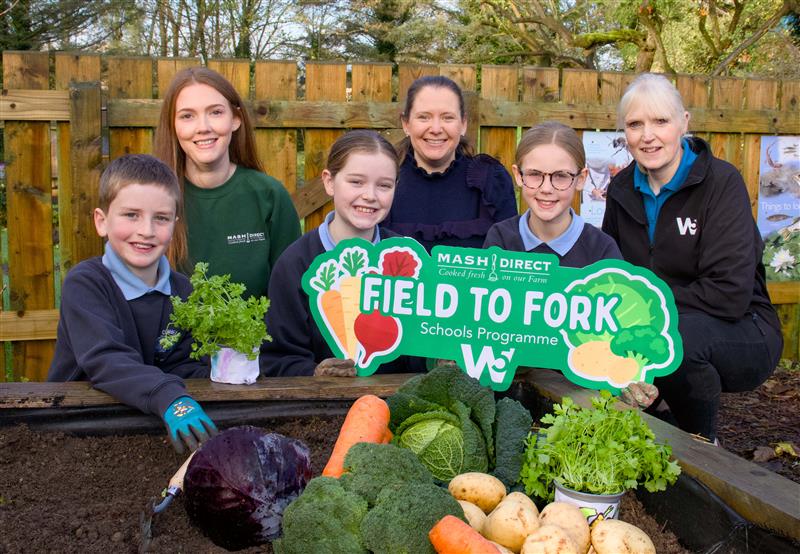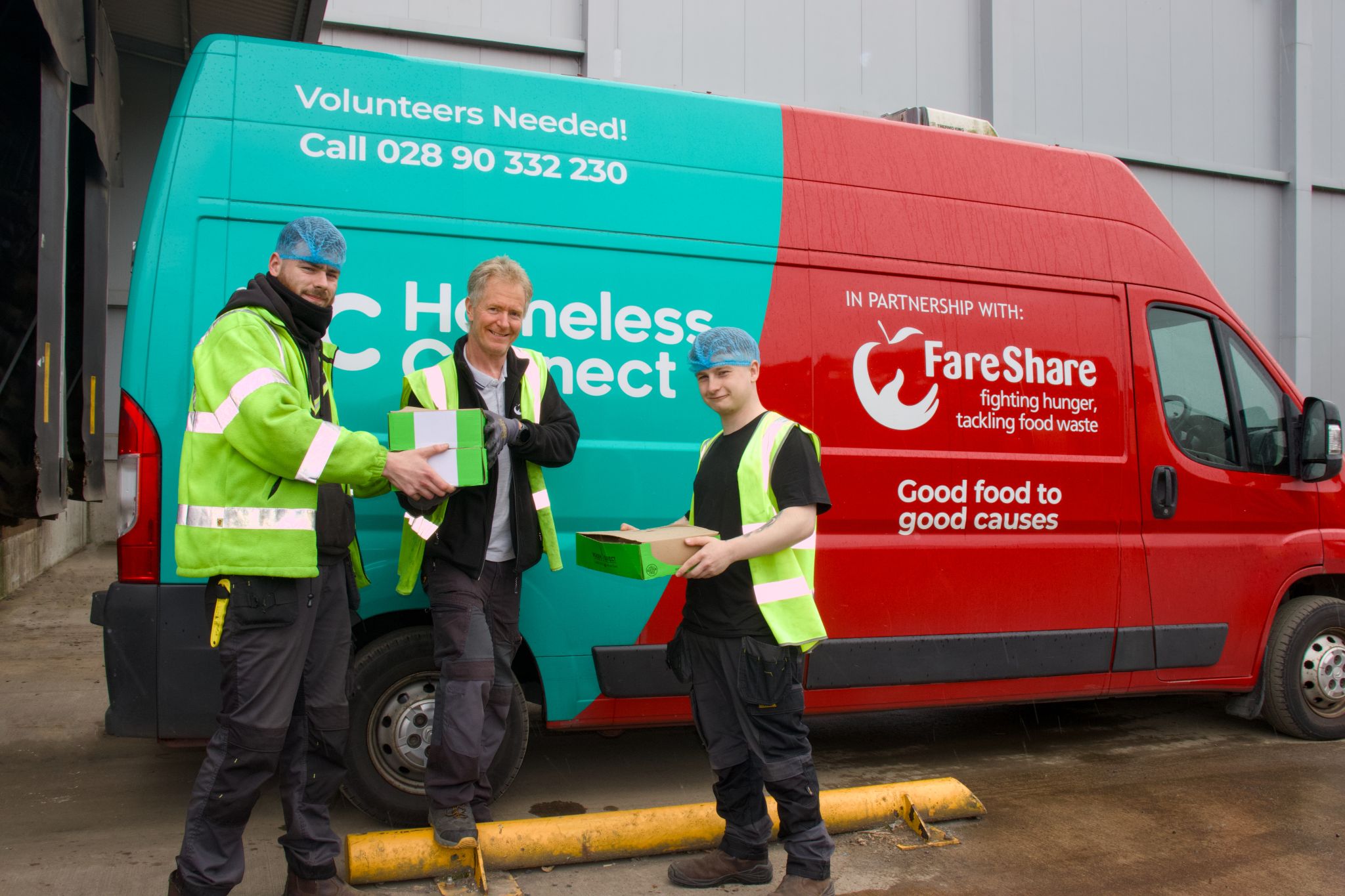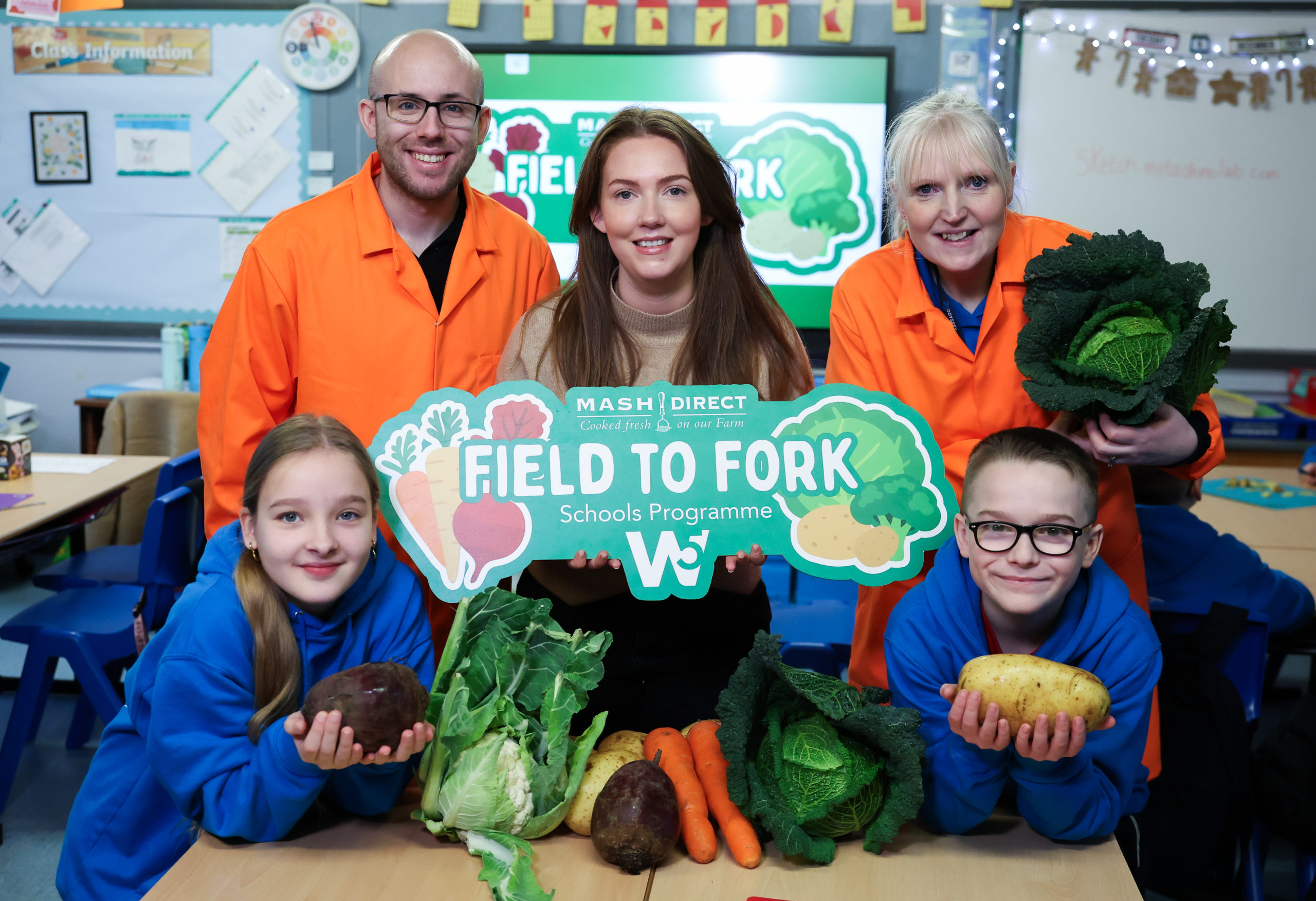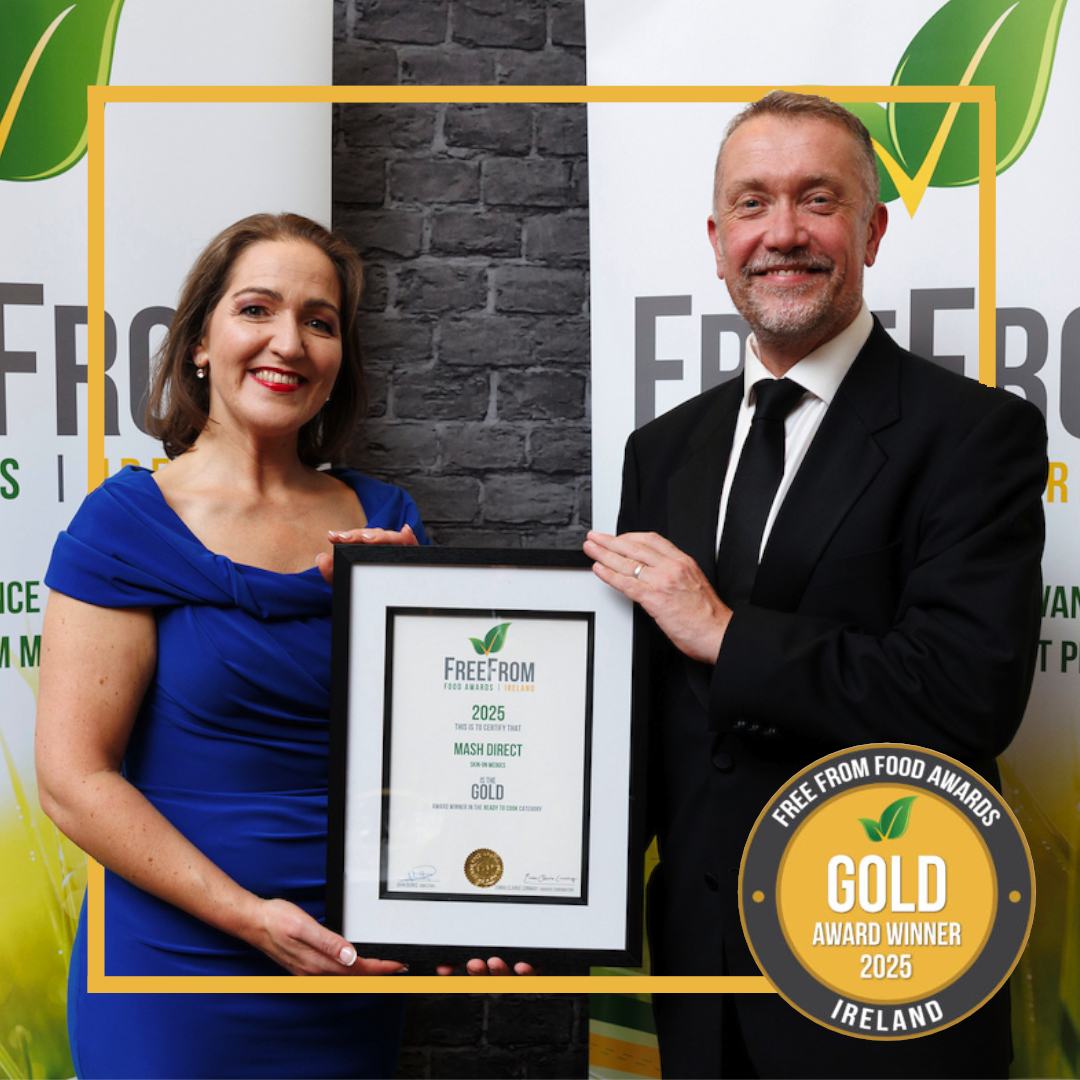
We’re so excited to share that Mash Direct have partnered with W5, Northern Ireland’s leading science and discovery centre, to launch a brand-new educational pilot scheme - the ‘Field to Fork’ programme!
This exciting project is all about helping local primary school children across Newtownards, Bangor, and Comber discover where their food comes from and why supporting local produce matters. Through a series of fun, interactive workshops led by the brilliant team at W5, pupils will explore the journey of vegetables from our fields to their forks, learning how science, innovation, and sustainability all play a part in bringing healthy, local food to their tables.
At Mash Direct we are always proud to share our story, and this partnership gives us a wonderful opportunity to show young people what goes into growing and preparing the food that is on their plates every day.
Jack Hamilton, CEO of Mash Direct, said:
“We’re proud to support the ‘Field to Fork’ pilot and help educate the next generation about where their food comes from - from the soil beneath our feet to the meals on our tables. Sustainability and community are at the heart of everything we do. By sharing six generations of our family’s farming experience, we want to inspire children to understand the vital role of farming, the importance of sustainable agriculture, soil health, and how caring for the environment and our climate helps build a healthier, greener future for everyone.’’
The ‘Field to Fork’ pilot features a variety of interactive, practical activities designed to bring science and sustainability to life, including:
- Growing vegetables from seed and studying how soil conditions and climate affect growth.
- Cooking and tasting traditional potato bread.
- Exploring the Eatwell Plate to understand balanced nutrition.
- Investigating food-miles and sustainable farming practices.
- Creating video stories to capture and share key learnings.
Elaine Steele, Education Officer at W5, added:
“This collaboration with Mash Direct helps us make science real, relevant and fun. By linking classroom learning to local food production and sustainability, pupils can explore how food is grown, processed and brought to their tables. They’ll learn where their food comes from and how making healthy, informed choices can positively impact both their wellbeing and the planet. It’s about inspiring a generation to think critically about food, farming, and the environment.”
As a pilot scheme, this initiative is sowing the seeds for a broader educational rollout – one that could transform how young people understand food, health and sustainability from the field, all the way to their fork.




